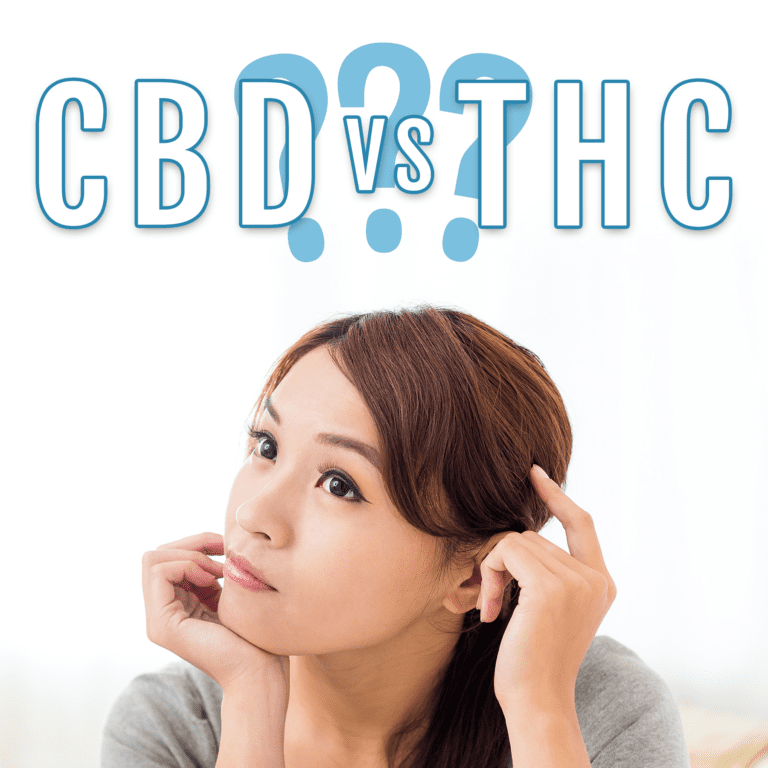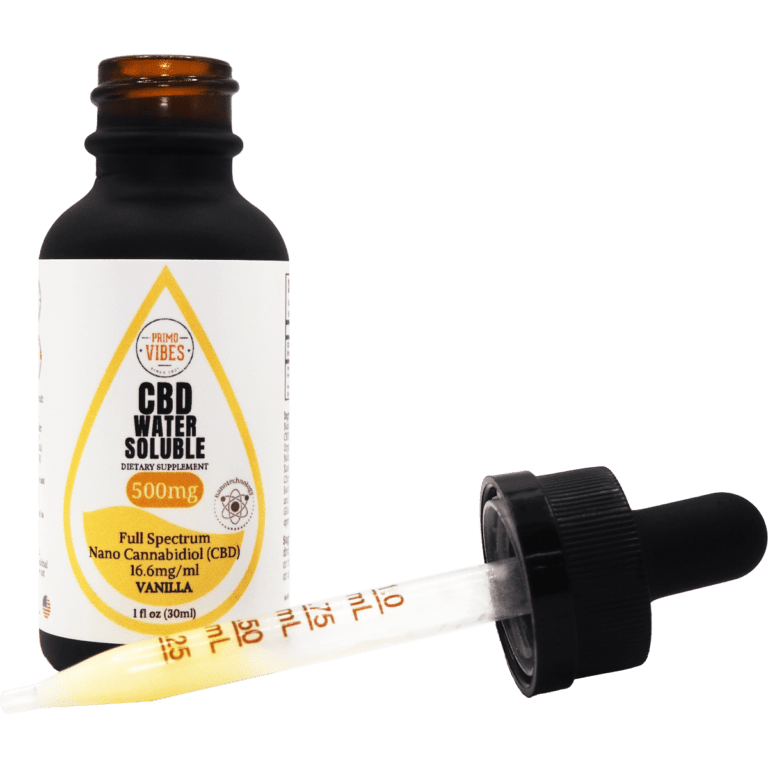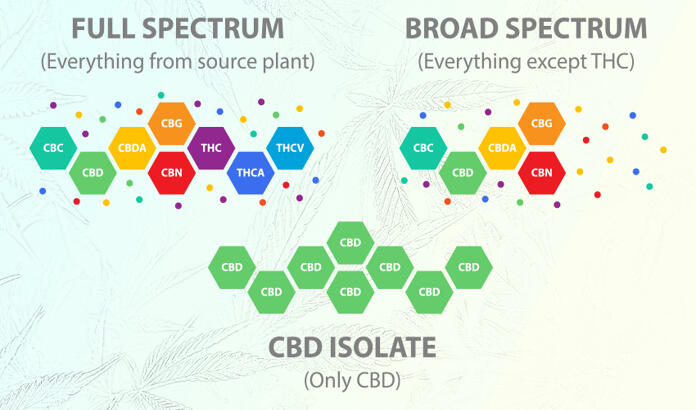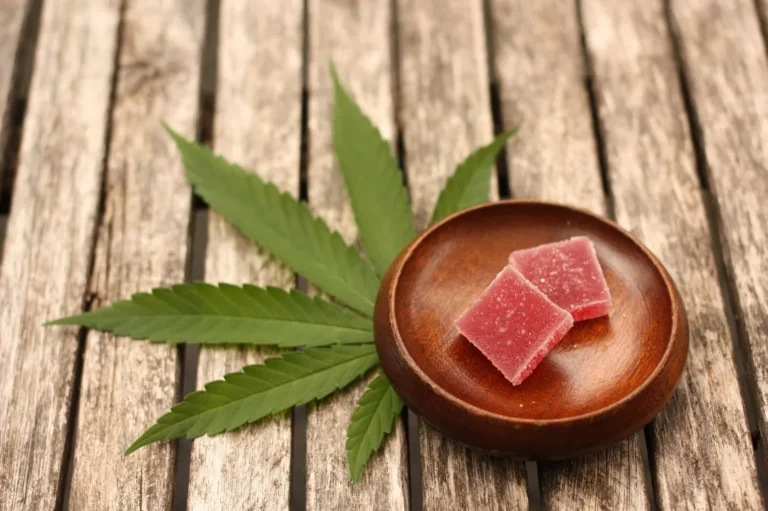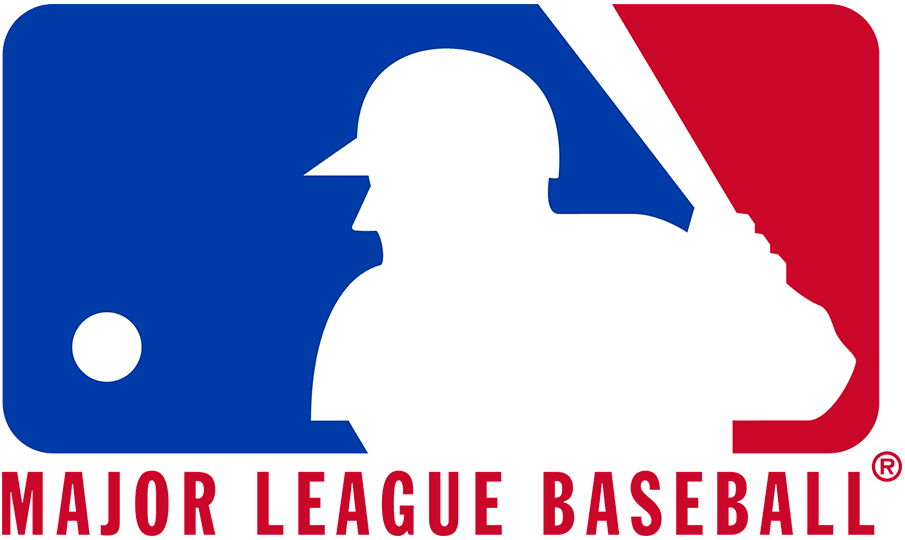What Is Delta 9
Delta 9 THC, or delta-9-tetrahydrocannabinol, is one of the most recognized cannabinoids in cannabis, known for producing the psychoactive effects commonly associated with marijuana use. However, its influence extends beyond creating a “high,” playing a key role in shaping the overall cannabis experience and offering potential therapeutic benefits.
This natural compound is found in both cannabis and hemp plants. When consumed, Delta 9 interacts with the body’s endocannabinoid system, a network that helps regulate functions such as mood, appetite, pain, and memory. It specifically binds to CB1 receptors in the brain and central nervous system, triggering effects like euphoria, relaxation, altered perception, and occasionally heightened creativity. These interactions contribute to the popularity of Delta 9 among recreational users and those seeking medicinal benefits.
Delta 9 THC is known for its capacity to create a psychoactive high. When consumed through smoking, vaping, or edibles, it often brings about feelings of euphoria, relaxation, and an enhanced awareness of sensory experiences.
The intensity of these effects can vary based on the dosage and the individual’s tolerance, with some users experiencing more profound mental reflections or, at times, brief episodes of anxiety or paranoia. While smoking or vaping usually leads to quick onset of effects, edibles take longer to digest, resulting in a slower but often more prolonged experience.
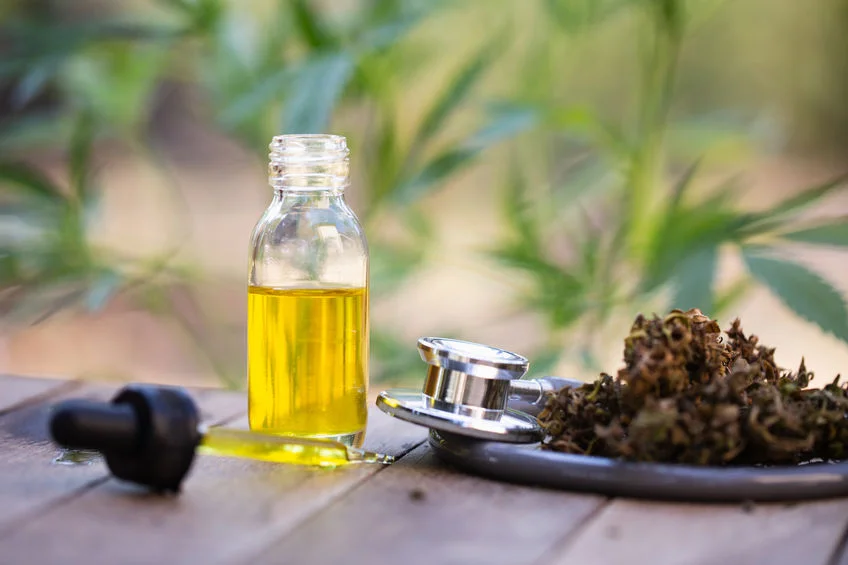
Delta 9 THC has gained significant attention not just for recreational use but also for its potential therapeutic effects. Many people turn to it for relief from pain, nausea, appetite issues, and anxiety. For individuals undergoing treatments like chemotherapy, its ability to reduce nausea and stimulate appetite can be critical for recovery. Additionally, emerging research points to Delta 9’s potential anti-inflammatory and neuroprotective properties, making it a growing focus in both medical and wellness communities.
The legal landscape of Delta 9 THC varies widely. In the U.S., cannabis-derived Delta 9 remains illegal at the federal level under the Controlled Substances Act, but many states have legalized its medical or recreational use. On the other hand, hemp-derived Delta 9 is legal federally, provided it stays within the 0.3% threshold set by the 2018 Farm Bill. This legal distinction has created a complex marketplace where hemp-derived products are accessible in many areas, while cannabis-derived Delta 9 remains restricted in others.
As interest in Delta 9 continues to grow, consumers need to be informed about the products they use. Potency levels can differ significantly, and understanding dosage is crucial for a safe and enjoyable experience. Edibles, for example, often have higher concentrations of Delta 9 and produce longer-lasting effects compared to smoking or vaping. As the cannabis industry expands, so does the range of available Delta 9 products, from flowers and oils to gummies and beverages.
Delta 9 THC offers both recreational enjoyment and potential medical benefits, thanks to its interaction with the body’s endocannabinoid system. It produces a variety of effects depending on how it’s consumed, making it a versatile compound for those seeking relaxation, pain relief, or an enhanced cannabis experience. It’s important to approach Delta 9 with care, starting with a low dose and paying attention to how your body reacts to ensure a safe and positive experience.

